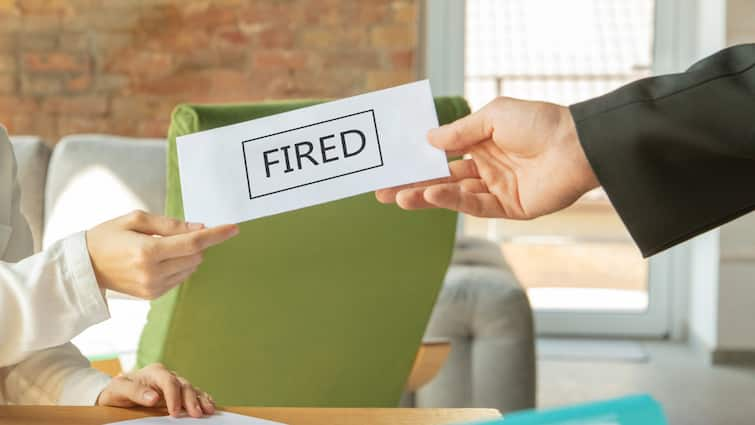What lawmakers should ask the EU’s new tech boss

— Q: Only 8 percent of European companies currently use AI, according to a report published in July. How do you want to reach the target of 75 percent by 2030?
— Q: President von der Leyen instructed you to develop a “Cloud and AI development plan” to boost computing power and data storage to foster AI uptake. In your written answers, you said that such a plan should “replicate[s] the ambition of the EU Chips Act” (the bloc’s €43 billion chipmaking plan).
However, that plan has partly imploded after several chipmakers, including Intel, paused or shelved investments. Can you explain why you compared the two plans? What would you do differently compared to the chipmaking plan? And can you get the chipmaking plan itself back on track?
How will you push a platform like X to police illegal content?
Virkkunen is set to oversee the Digital Services Act (DSA), which requires tech platforms to clamp down on illegal content. That job became trickier last Tuesday when Trump was reelected with the support of X owner Elon Musk, praising the tech tycoon as a genius he aimed to protect.
X is currently in the EU’s firing line for falling short of some of its DSA obligations. An EU move against Musk could trigger retaliation from the incoming U.S. administration.
— Q: In your written answers, you promised “rigorous” enforcement of the DSA. Can you uphold that when U.S. President Donald Trump threatens to retaliate against a fine for X? How would you deal with a transatlantic diplomatic spat?
Related
A European Tech Agenda 2.0
Over the past decade, the European Commission made tech regulation a top priority, passing a slew of new laws increasing the responsibility of platform
European deeptech companies: Shaping the future of innovation
European deeptech companies are driving breakthroughs across industries such as healthcare, energy, mobility, and AI. These companies l
Europe overtakes Asia on deep tech investment
This year’s State of European Tech report – a mammoth overview of the sector, now in its tenth year – is out, and is filled with insights for European in
Startups side with Draghi: EU red tape hampers growth
"The EU's regulatory stance towards tech companies hampers innovation," former Italian Prime Minister Mario Draghi wrote in his landmark report on competitiv












